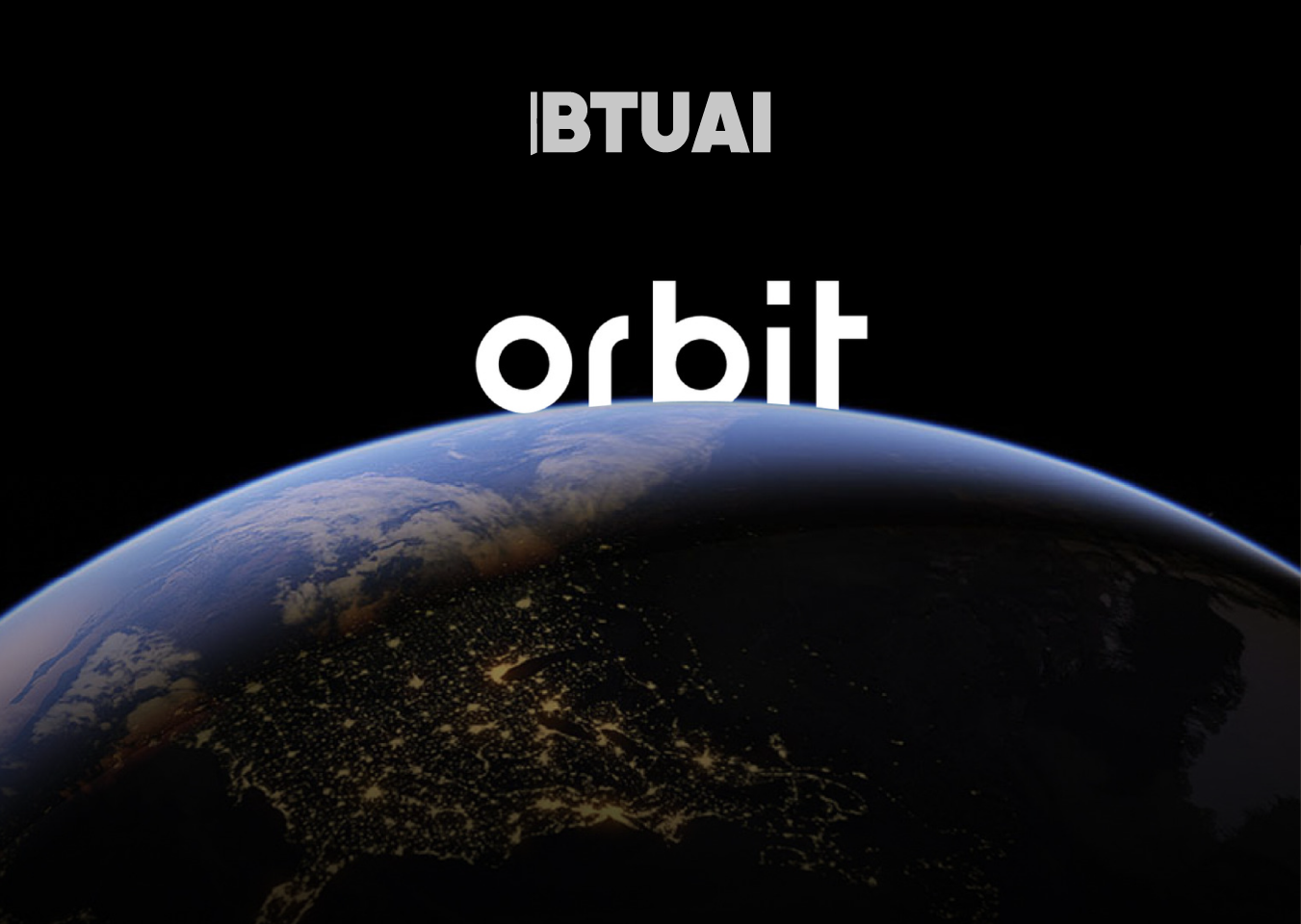Market Segmentation for AI-driven IT Support Services in Georgia Using the MIT Orbit Approach
The rapid growth of small and medium-sized businesses (SMBs) in Georgia has significantly increased their demand for technological support.

The rapid growth of small and medium-sized businesses (SMBs) in Georgia has significantly increased their demand for technological support. Consequently, AI-driven IT support services are becoming especially relevant, enabling SMBs to quickly and efficiently resolve technical issues. These services typically include automated diagnostics, chatbot support in Georgian, and remote troubleshooting for common technical problems.
Globally, the use of AI technologies in IT support services is expanding rapidly. According to Gartner, by 2025, more than 60% of customer support interactions will be either fully automated or AI-assisted. This trend highlights companies’ increasing efforts to save time and costs through artificial intelligence, thus gaining competitive advantages in their markets.
Using the MIT Orbit Disciplined Entrepreneurship model, several promising market segments for AI-supported IT services can be identified. The primary target segment consists of small businesses located in regional towns and rural areas. These businesses often have limited financial resources and lack dedicated IT personnel, creating a strong demand for affordable and efficient technical support solutions.
Another important market segment includes medium-sized enterprises based in Tbilisi. These businesses typically have more resources at their disposal but require consistent, high-quality IT support to maintain smooth business operations and remain competitive.
Retail businesses represent another vital segment, as they require constant and uninterrupted technical support for daily operations. Any technical disruptions in this sector quickly translate into financial losses, making rapid and efficient AI-driven support particularly valuable.
Successfully targeting these markets requires precisely identifying customers and thoroughly understanding their needs. Typical customers include small and medium-sized business owners, IT managers, and decision-makers aged between 30 to 50 years. Often overwhelmed by technological challenges, these individuals prioritize quick resolution of issues and cost optimization.
Despite significant potential, there are several key challenges for AI-driven IT support services. A major issue is the lack of trust among businesses toward AI technologies, which slows the adoption of such services. Increasing awareness about the effectiveness and real benefits of AI technologies is also necessary to facilitate adoption. Moreover, existing competition, especially in major cities, poses additional hurdles for startups entering the market.
Overcoming these challenges and achieving market success can be facilitated through active communication with customers and a clear demonstration of the effectiveness of AI services. By adopting this approach, Georgian startups have the potential to secure a significant position in the growing market of IT support services.
The analysis provided in this article is based on the MIT Orbit Disciplined Entrepreneurship tool, which emphasizes detailed customer segmentation, needs analysis, and strategic planning to foster successful startup development.




